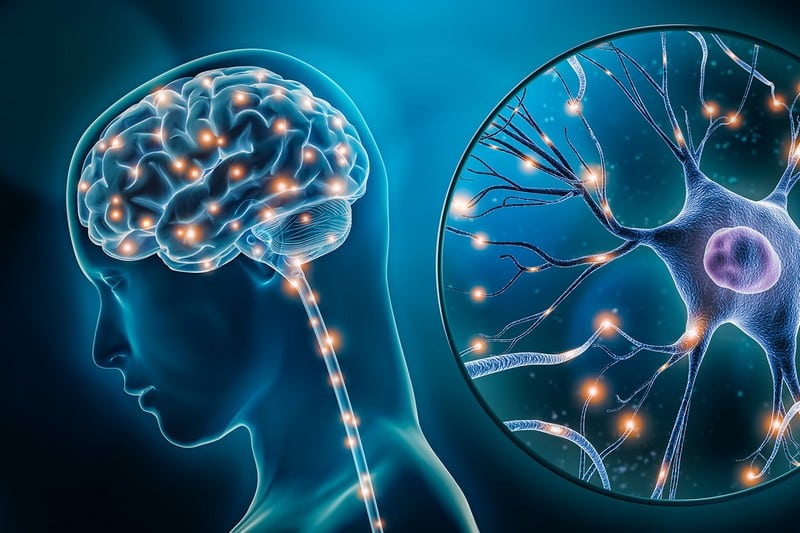Serotonin Syndrome

Serotonin is a hormone, also known as 5-hydroxytryptamine, that carries messages through chemicals in the body. It travels from the brain to the different body organs and parts. It regulates bodily functions such as mood, sleep, nausea, digestion, wound healing, bone development, blood clotting, and sexual desire. Fluctuation in serotonin levels may cause problems such as muscle twitching or fasciculation.
Conditions like serotonin syndrome or toxicity are life-threatening conditions best described as the piling up of serotonergic activity in the central nervous system. These conditions result from the inability of the body to withstand changes in the dosages of certain medications. It can also manifest during the beginning of taking a new drug. When the muscles are uncontrolled and severely damaged, it leads to severe muscle twitching.
Too much serotonin can also damage the nerve cells. These cells are responsible for the movements of the muscles. When these cells are driven to the extreme, it overacts the muscles and their reflexes. Malfunctioning of the muscle is synonymous with muscle twitching. Treatment for this includes muscle relaxants to ease the muscle tension caused by serotonin syndrome.










